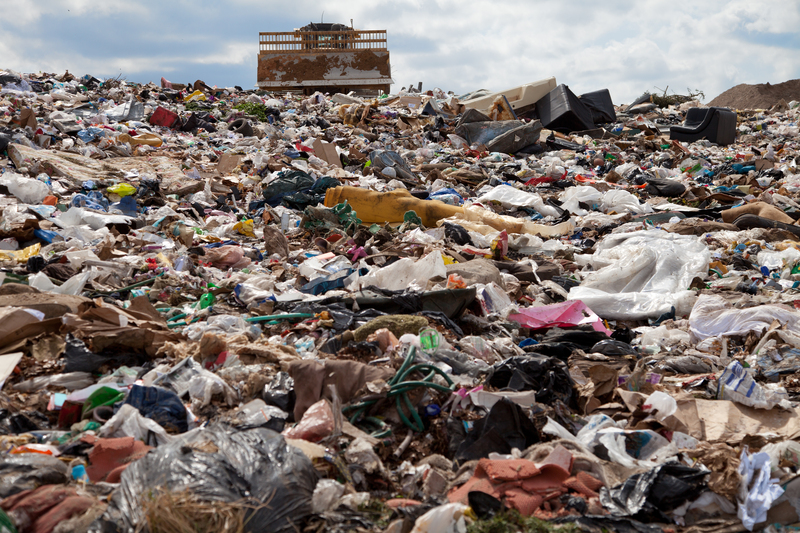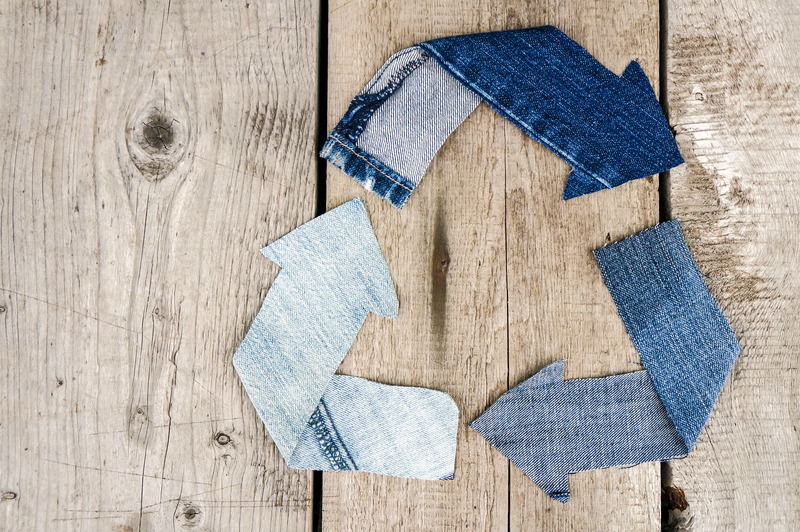Posted on 26/07/2024
Unused monitors have become a common sight in both homes and offices. With the rapid pace of technological advancement, it's easy to upgrade to a newer model and forget about the old one. However, discarding unused monitors properly is crucial for both environmental protection and health.
Environmental Impact of Improper Disposal
Improper disposal of monitors poses significant environmental hazards. Monitors contain various toxic substances such as lead, mercury, and cadmium. These can leach into the soil and contaminate groundwater if they are not disposed of correctly. Moreover, e-waste contributes to the growing problem of landfills, which is already a pressing environmental issue.

Health Risks Associated With Electronic Waste
In addition to environmental concerns, improperly discarded monitors can also pose serious health risks. Exposure to the toxic elements found in monitors can lead to severe health issues, including respiratory problems, neurological damage, and even cancer. Proper disposal minimizes these health hazards and ensures safer communities.
Steps for Proper Disposal of Monitors
1. Check Warranty and Return Policies: Before discarding a monitor, check if it is still under warranty or if the manufacturer has a return policy. Some companies offer take-back programs where they recycle or refurbish old monitors.
2. Sell or Donate: If the monitor is still functional, consider selling it or donating it to someone in need. Schools, non-profit organizations, and community centers are often in need of electronic equipment.
3. Recycle Responsibly: Research local recycling programs that accept electronic waste. Many municipalities have special e-waste recycling days or centers dedicated to collecting old electronics.
4. Use Certified E-Waste Recyclers: Always choose certified e-waste recyclers who adhere to strict environmental standards. They ensure that toxic substances are disposed of safely.
5. Data Security: Before discarding or recycling, make sure to wipe any personal information from the monitor's storage if it has any built-in memory. This step is essential for protecting your privacy.
Pros and Cons of Different Disposal Methods
Pros of Selling/Donating:
- Extends the life of the monitor and reduces waste.
- Provides access to technology for those who may not afford a new device.
- Potential to make some money from selling it.
Cons of Selling/Donating:
- Time-consuming to find a buyer or organization.
- May not be feasible if the monitor is in poor condition.
Pros of Recycling:
- Environmentally friendly as materials are recycled and reused.
- Reduces the need for new raw materials.
- Ensures safe disposal of toxic substances.
Cons of Recycling:
- May involve costs for recycling services.
- Requires effort to find certified recyclers.
Tips for Disposing of Monitors
1. Research Local Guidelines: Different regions have different regulations for e-waste disposal. Make sure to follow local guidelines.
2. Utilize Manufacturer Programs: Many manufacturers offer take-back and recycling programs.
3. Organize E-Waste Drives: If you have many monitors to dispose of, consider organizing a community e-waste drive.
4. Stay Updated: Keep an eye on advancements in recycling technologies and regulations.

Takeaways
Proper disposal of unused monitors is essential for environmental sustainability and health safety. Utilize various methods such as selling, donating, or recycling to ensure that monitors do not end up in landfills or pose health risks. Always check local guidelines and use certified e-waste recyclers.
Conclusion
In conclusion, discarding unused monitors is not just about getting rid of old hardware but ensuring that it is done responsibly. The impact on the environment and human health can be significant if not handled properly. By following the best practices outlined in this guide, you can ensure that your old monitors have a minimal negative impact while also potentially benefiting others. Taking the extra steps to sell, donate, or recycle responsibly makes a big difference in creating a sustainable future.
Latest Posts
Tips for Proper Disposal of Regular Waste
Garbage Cleanup Bags - Efficient Skip Substitute

































 Get a Quote
Get a Quote